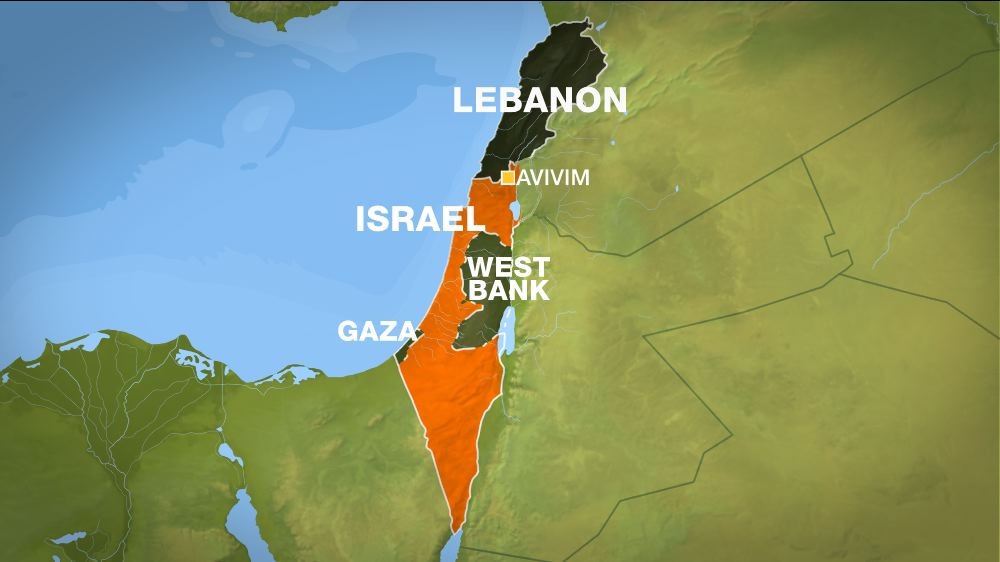Current Situation in Lebanon-Israel-Hezbollah Conflict
The ongoing conflict between Israel and Hezbollah has escalated significantly in recent days, with both sides engaging in intense military actions. The situation has drawn international attention, particularly regarding the humanitarian crisis unfolding in Lebanon as a result of the hostilities.
Recent Developments
Escalation of Attacks
On September 26, 2024, Israeli Prime Minister Benjamin Netanyahu ordered the military to use "full force" against Hezbollah, following a series of airstrikes in southern Lebanon. These strikes have reportedly resulted in the deaths of over 600 individuals and displaced more than 200,000 people, according to the U.N. Office for the Coordination of Humanitarian Affairs. The Israeli Defense Forces (IDF) have been conducting extensive operations targeting Hezbollah positions, which they claim are responsible for launching missiles into northern Israel.
Hezbollah's Response
In retaliation, Hezbollah has intensified its missile attacks, including a notable strike on Tel Aviv. The militant group has vowed to continue its operations against Israeli forces, indicating that the conflict is far from resolution. Reports suggest that Hezbollah has fired a barrage of missiles into northern Israel, further escalating tensions in the region.
Humanitarian Crisis
The humanitarian situation in Lebanon is dire, with 90,000 people reported displaced in recent days alone. The ongoing violence has led to a significant increase in casualties, with the latest airstrikes marking one of the deadliest days since the 2006 war between Israel and Hezbollah. The Lebanese health ministry has reported that the recent Israeli airstrikes have resulted in injuries to over 1,000 individuals.
International Reactions
The international community has expressed concern over the escalating violence. The United States and its allies have called for an immediate 21-day cease-fire to allow for diplomatic negotiations. However, Netanyahu has dismissed these proposals, stating that Israel will not cease its military operations until all objectives are met.

Cease-Fire Proposals
Despite the calls for a cease-fire, Netanyahu's government has shown reluctance to engage in negotiations, viewing the proposals as insufficient. The Israeli military has indicated that it is preparing for a potential ground invasion of Lebanon, which could further complicate the situation and exacerbate the humanitarian crisis.
Key Incidents
Airstrikes on September 23: Israeli airstrikes targeted Hezbollah positions, resulting in nearly 500 deaths in a single day, marking a significant escalation in the conflict.
Missile Attacks: Hezbollah's missile attacks have included strikes on major Israeli cities, including Tel Aviv, prompting air raid sirens and emergency responses.
Casualties and Displacement: The conflict has led to a staggering number of casualties and widespread displacement, with humanitarian organizations warning of a looming crisis.
Analysis of the Conflict
The current situation reflects a complex interplay of military strategy, regional politics, and humanitarian concerns. The Israeli military aims to dismantle Hezbollah's capabilities, which it views as a direct threat to its national security. Conversely, Hezbollah seeks to assert its power and influence in the region, leveraging its military capabilities against Israel.
Implications for Lebanon
The ongoing conflict poses severe risks for Lebanon, a country already grappling with economic instability and political fragmentation. The influx of displaced individuals and the destruction of infrastructure could lead to a humanitarian disaster, further straining the country's resources.
Future Outlook
As the conflict continues, the potential for a broader regional escalation remains high. The involvement of external powers and the complex dynamics of Middle Eastern politics could lead to unforeseen consequences, making it imperative for diplomatic efforts to be prioritized.

The situation between Israel, Lebanon, and Hezbollah is rapidly evolving, with significant implications for regional stability and humanitarian conditions. The international community's response will be crucial in determining the future trajectory of this conflict. As both sides prepare for further military engagements, the hope for a peaceful resolution seems increasingly distant.
For ongoing updates, you can follow the latest news on platforms like NBC News and CNN.





